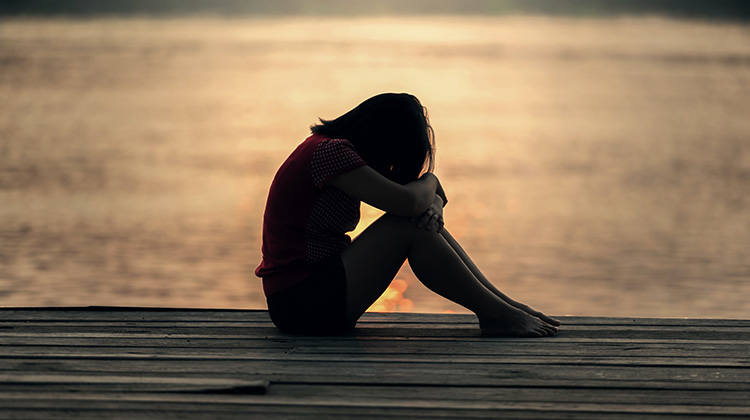How can we challenge a conversation if we lack courage?

After losing a Year 9 student to suicide, educator, Rachel Downie decided that she needed to find a way to support our young people to say something when things ‘aren’t right’. She discovered that in emergent situations, students often felt too frightened to come forward with possible life-saving information, due to their social expectations and Australia’s cultural acceptance of bullying. This led Rachel to developing Stymie – harm reporting without fear.
Rachel was recognised for her work with young people at risk of harm, receiving the Queensland Australian of the Year Award in 2020 and she has an important message for educators…
How can we challenge a conversation if we lack courage?
It’s a powerful message given the revelations facing some schools about sexual assault and issues of consent. So how can education leaders address these issues?
What role do you see schools playing in addressing concerning societal issues that play out in schools?
It is extremely difficult at the moment to stand in front of students (thousands of them every week) and ask them to Say Something if they are seeing or experiencing harm, when in every corner of our society and at our highest levels of leadership, confidentiality, care, empathy and appropriate responses to harm are not being modelled. I think right now, is an opportunity for schools to find new and appropriate ways to give students more agency over what needs to change. So many schools that I visit already do this extremely well. Obviously, the ways that schools provide education around sex and consent needs to be revitalised, including LGBTQIAP+ perspectives as well as encompassing the challenges technology is adding to this already difficult space. Historically, our silence is a place that harm is allowed to grow.
What do you see as the most concerning behaviours within schools that need addressing in 2021?
The effects of COVID-19. There are students who have not had the chance to socially appropriately integrate. Online learning has meant that schools are now having to deal with balanced and appropriate responses to technology use; the blurred lines of home/social media and school have been amplified by extended time learning online. The relationships that schools are having with parents is very stressful at times and the need to enliven and reaffirm this relationship is growing. We visited 121 school communities last year. Schools are telling us that they have seen an increase in the lack of self-regulation in their students and an increase in by standing behaviours driven by fear, a lack of empathy and social conscience. It is really complex and challenging.
What strategies can school leaders implement to address, educate about an prevent unacceptable behaviour, abuse and harm?
These are difficult subjects that can be hard to accept and even harder to talk about. I think schools have really robust strategies, supports and procedures to deal with these issues but each community I visit is wanting a stronger, more positive and consistent connection with parents. I believe that schools are also overwhelmed with an increase in mental health concerns, breakdowns in parenting and the challenging behaviour that can be a result of what is happening at home. School is the best part of life for some kids.
Can you tell us a bit more about what school leaders can expect to hear at your session ‘How can we challenge a conversation if we lack courage’?
Courage and fear coexist. When we are frightened of something, we need to draw on our courage to be able to push through our ‘safe places’; our comfort zones. So much of teaching and learning is about challenging ourselves to be agile, flexible and accountable and we can’t do this if we are going to play it safe. You don’t have too look far to learn that the existing cultural paradigm in Australia about sexual harassment, is proof that too many of us don’t challenge conversations that we need to.
Rachel will present her session “How can we challenge a conversation if we lack courage?” at the Leadership for Future Focused School conference, part of National Education Summit, Brisbane on 4 & 5 June 2021
Find out more: www.nationaleducationsummit.com.au/leadership-for-future-focused-schools-brisbane